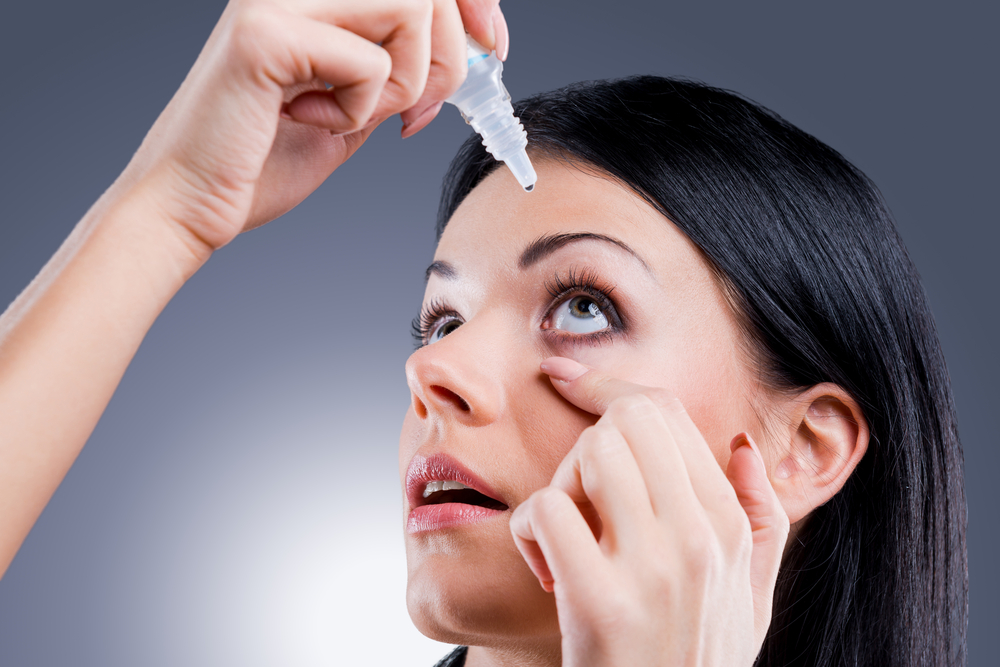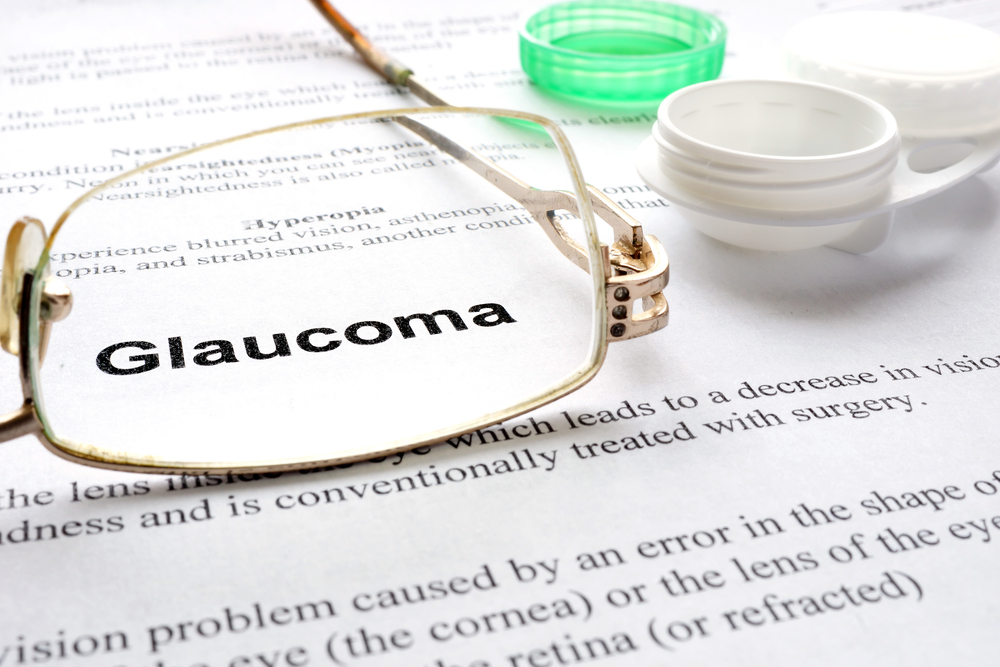Glaucoma is a condition in which eye’s optic nerve is damaged and there is a hindrance in the clear vision of the eye. Glaucoma treatment is given to correct such damage so as to avoid any serious problem like vision loss or blindness.
Anatomy of glaucoma:
Ophthalmologists define glaucoma as a group of eye diseases that hamper optic nerve. Talking about the function of the optic nerve, it carries images from the eye’s cornea to the brain through the particular light-sensing tissue, so that we can sense the object’s shape and color. Since the optic nerve connects the eye and brain with the very delicate nerve fibers, they easily get damaged by some internal and external factors. Under the glaucoma medications, we first detect those causes responsible for glaucoma and then eliminate them. One can recognize the damaged nerve fibers through the blind spots developed in the field of vision. The destruction of optic nerve means total blindness, so acute glaucoma can be a reason for blindness, whatever your age.
Types of glaucoma:
Glaucoma can be classified into two major categories, such as:
- Open-angle glaucoma
Under open-angle glaucoma, the optic nerve is damaged gradually, as the drainage angle of the eye is partially blocked because of the narrowing drainage channel. Therefore, it increases pressure on the eye, leading the damage of the optic nerve. Also called as chronic open-angle glaucoma, its patients fail to identify the early signs of glaucoma until the optic nerve is seriously dented. Such glaucoma symptoms are very common and start in one eye, but they slowly affect both the eyes.
- Closed-angle glaucoma
Closed-angle glaucoma happens when the drainage of angle is completely blocked, so it makes high pressure on the eyes. It denotes the condition when the eye (iris) and the lens stop drainage of fluid between the chambers of your eye, resulting chronic angle-closure glaucoma. The acute closed-angle glaucoma symptoms include severe pain in the eyes, headache, nausea, blurred vision, spots in the eye, and partial blindness. The most frequent cases of this type of glaucoma are from Africa and Asia, as their residents are more exposed to environmental pollen and UV rays than western countries.
Causes of glaucoma:
There are several possible causes for damaging the optic nerve, but one particular reason for that is still unknown. Most of the ophthalmologists agree that high eye pressure could be due to eye injury or after-eye-surgery. There are some risk factors that affect the normal eye fluid drainage.
These factors include:
- Thin cornea
- Old age
- African ancestry
- Genetic causes
- Shortsightedness
- Birth defects
- Infections
- Excess use of steroids
- Severe anemia
- Diabetes and hypertension
Also Read: Easy remedies to get rid of puffy eyes
Glaucoma symptoms:
In most cases, glaucoma patients may not notice its early symptoms, but the gradual damage of optic nerve continues until it is serious. Sometimes, eyes repair mild damages on their own.
The presence of glaucoma can be recognized through some symptoms like:
- Blurred eye vision
- Lost side vision
- Red-rimmed, swollen lids
- Difficulty in focusing on objects
- Dark spot in the center of viewing
- Watery eyes
- Change in color of iris
- Double vision
- Inflammation in eyes
- Halos or rainbows around light
- Increased light sensitivity
- Seeing spots, ghost-like images
Although these symptoms do not necessarily indicate the presence of glaucoma, it is important to consult an eye specialist to get assured about the condition and take glaucoma medications if required.
Glaucoma treatment:
The early detection and treatment of glaucoma is essential to prevent further damage to the optic nerve and any possible vision loss. Its treatment highly depends on the severity of each case. There are several glaucoma medications ranging from pills, surgical operations, eye drops and laser procedure that can control and eliminate glaucoma symptoms.
- Laser Surgery
Laser surgery is the latest method that can enhance eye fluid drainage to reduce pressure within the eye. Trabeculoplasty and Iridotomy are two different laser surgery procedures that improve drainage and treat narrow-angle of optic tissues.
- Eye drops and pills
The combination of eye drops and pills can help to enhance the circulation of eye drainage, thus lowering eye pressure. If you witness any side-effects of glaucoma medication, then it’s better to change medicines under a doctor’s prescription.
- Operative Surgery
Operative surgery is very much successful for the glaucoma treatment, in which ophthalmologist creates a new bypass to improve drainage channel, connecting optic nerve to the brain. Eye surgery is widely recommended to remove the white spot and repair an optic nerve.
- Non-penetrating Surgery
Nonpenetrating glaucoma surgery is performed to minimize postoperative complications and reduce the risk of infection. Such surgery requires high-end surgical specialty and clinical management of glaucoma medications during the entire course.
Also Read: The best way to get long lashes-Try Careprost!
Conclusion:
The sensitivity of eyes needs utmost care so that you maintain healthy eye vision. Glaucoma hits optic nerve severely; resulting blockage of fluid between the chambers of your eye. But this disconnection is not incurable. The recent advancement in the glaucoma treatment has made it possible to restore your vision like a natural one. It’s also important to identify the glaucoma symptoms early, so the problem can be diagnosed before it becomes uncontrollable and hampers your eyesight.




